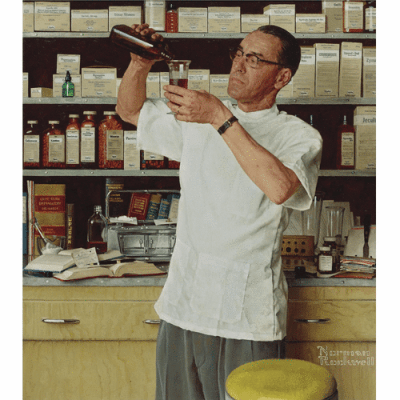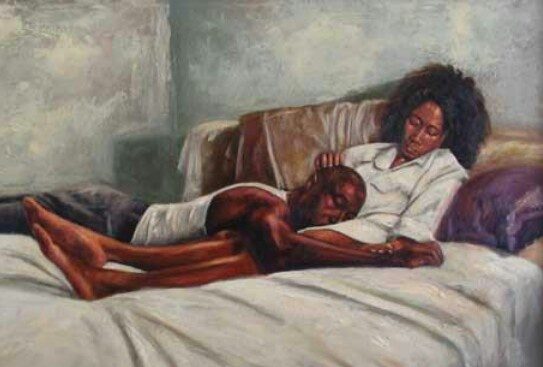
Which Pharmacy Should I Use?
December 30, 2020
Brisk Awakening
December 30, 2020How to manage the holidays when you aren’t well
The brain needs a few key things to get through the holidays, and mood disorders disrupt all of them. Relating to other people, organizing tasks, managing sleep – none of these are easy if you’re having depression, irritability, or anxiety. The tips below were developed for people with those problems.
Routines
Mood disorders are tightly linked to the body’s internal clock. Even if the holidays go smoothly, the disruptions they tend to bring to daily routines can destabilize mood. Among all the routines we keep each day, the following have the biggest effect on the biological clock:
- Time out of bed each morning
- Time you start your daily chores, work, or studies
- Time you first have meaningful contact with other people
- Time you eat dinner
Outside of those, everyone has their own unique mood stabilizers in their daily routines, such as when you exercise, take other meals, take care of pets, relax, pray, or meditate.
All these activities have one thing in common: They alter the neurohormones that set the biological clock. For example, when you engage with others in a meaningful way, such as over a lunch conversation or in a work conference room, your neurohormones change.
Keep these routines going at regular times over the holidays (give or take a half hour) and you’ll find a lot less mood disruption. It may take some creativity, especially if you’re not working. For example, if you normally have your first engaging interactions with other people at work in the morning, you could replace that by scheduling breakfast with other people to keep the semblance of the work routine going.
Activities that are intense, engaging, or over-stimulating can wreck havoc on the biological clock if they are done too late and interrupt sleep. If you can’t get out of those evening gatherings over the holidays, try to add routines around bedtime that can wind your clock down and help preserve sleep at night. Blue light filters are an easy solution, see:
moodtreatmentcenter.com/darktherapy.pdf
You’ll find other tips for managing the sleep and wake routines at:
Brisk Awakening
moodtreatmentcenter.com/moodmusic.pdf
moodtreatmentcenter.com/cbtinsomniashort.pdf
Charity and Gratitude
Psychologists once looked at dozens of things that could improve mood, and they found these two had the greatest effect:
Charity. Doing things for others, particularly if it’s done freely and without a sense of obligation. For example, volunteering to help strangers lifts mood more than helping family. With family, things are more complex and there’s a sense of obligation.
Gratitude. Throughout the day, look for things you are grateful for. The smaller, and more specific, the better. At the end of the day, write down three things you noticed.
It is not easy to engage in charity and gratitude if you’re in a deep depression, so we don’t recommend these techniques lightly – they aren’t for everyone. Consider seeing a therapist for additional coaching, or waiting until your mood is in a better place, if these are hard to take on.
Sunlight
It’s probably not a coincidence that so many cultures have holidays around the darkest days of the year, or Winter Solstice. The lack of sunlight, particularly in the morning, can lead to depression. For many people, planning activities – as the holidays call on us to do – is a natural antidepressant. Well, that doesn’t hold up if you’re too depressed to plan anything – then the holidays are just another pressure.
If you think winter depression is getting to you, add more sunlight in the morning, or ask your provider if a lightbox or dawn simulator might be right for you. Make sure to add the light in the morning – too much evening light can disrupt sleep and worsen mood.
Pressure
When there’s no motivation to do anything, everything can feel like pressure. Depression saps motivation, and if you are having significant depression you may need to take medical leave from the holidays. On the other hand, if your depression is mild or improving, increasing your activity may be just what you need to further your recovery. Talk to us about what is right for you.
One symptom of depression can complicate all this. Depression makes it hard to stand up for yourself and maintain your boundaries. Learning to assert yourself without walking all over others is part of the recovery process.
—Chris Aiken, MD, and Valerie Vestal, PMH-NP




